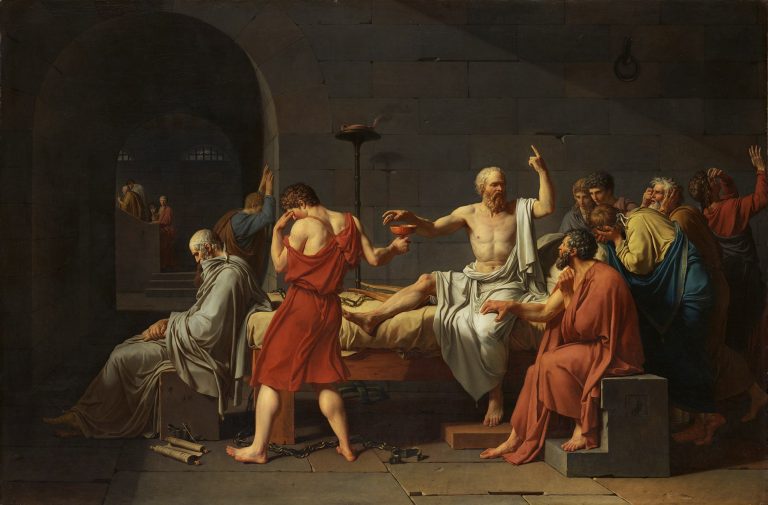
In Jungian psychology, the collective unconscious is a term used to describe a level of the psyche that is shared by all human beings and is made up of archetypes, or universal symbols and themes that are common across different cultures and times. The collective unconscious is considered to be a deeper level of the psyche than the personal unconscious, which is made up of memories, experiences, and emotions that the individual is not currently aware of.
Jung believed that the collective unconscious is inherited and is present in the psyche from birth. It is the source of many of the universal symbols and themes that can be found in myths, legends, and religious traditions across different cultures and times. These archetypes are thought to be universal patterns of behavior that are present in the psyche of all human beings, and they can take on many different forms, such as the mother, the father, and the child.
Jung believed that the collective unconscious is a powerful force in the psyche and can influence an individual’s behavior and emotions in ways that they are not aware of. For example, an individual may feel a deep sense of longing for something that they cannot explain, or may be drawn to certain symbols or themes in myths and legends, without knowing why.
Jung believed that by becoming aware of the contents of the collective unconscious and understanding the role that these archetypes play in the psyche, individuals can gain a deeper understanding of themselves and their place in the world.
How do you experience the collective unconscious?
There are several ways in which an individual can come into contact with the contents of the collective unconscious. One way is through the process of active imagination, a technique in which an individual allows their mind to wander and explores their own thoughts, feelings, and images. This can allow an individual to access the contents of their personal and collective unconscious, and can help them to better understand their own psyche.
Another way to access the collective unconscious is through the study of archetypal symbols and themes that can be found in myths, legends, and religious traditions across different cultures and times. These archetypal symbols and themes are thought to be universal patterns of behavior that are present in the psyche of all human beings, and by studying them, an individual can gain a deeper understanding of the collective unconscious and the role that it plays in their own psyche. Dreams can also be a way to access the collective unconscious. Dreams can reveal many aspects of the collective unconscious and many people consider them as an important way to access the contents of the collective unconscious, another useful tool is free association.
By allowing the mind to wander freely, an individual can access the contents of the collective unconscious and become aware of the archetypes and symbols that are present in their psyche.
To use free association, one can sit quietly and focus on a topic or image and allow any thoughts, images or memories that come to mind to be expressed, whether through writing or speaking, without trying to analyze or suppress them. This can be done alone or with a therapist who can help the individual to understand the meaning of the associations that come up.
The process of free association can be somewhat unpredictable, but it can also be very revealing, providing insights into the individual’s thoughts, feelings, and unconscious motivations. It can also help to integrate the contents of the collective unconscious into the individual’s conscious awareness, allowing for a deeper understanding of the self and the world.

